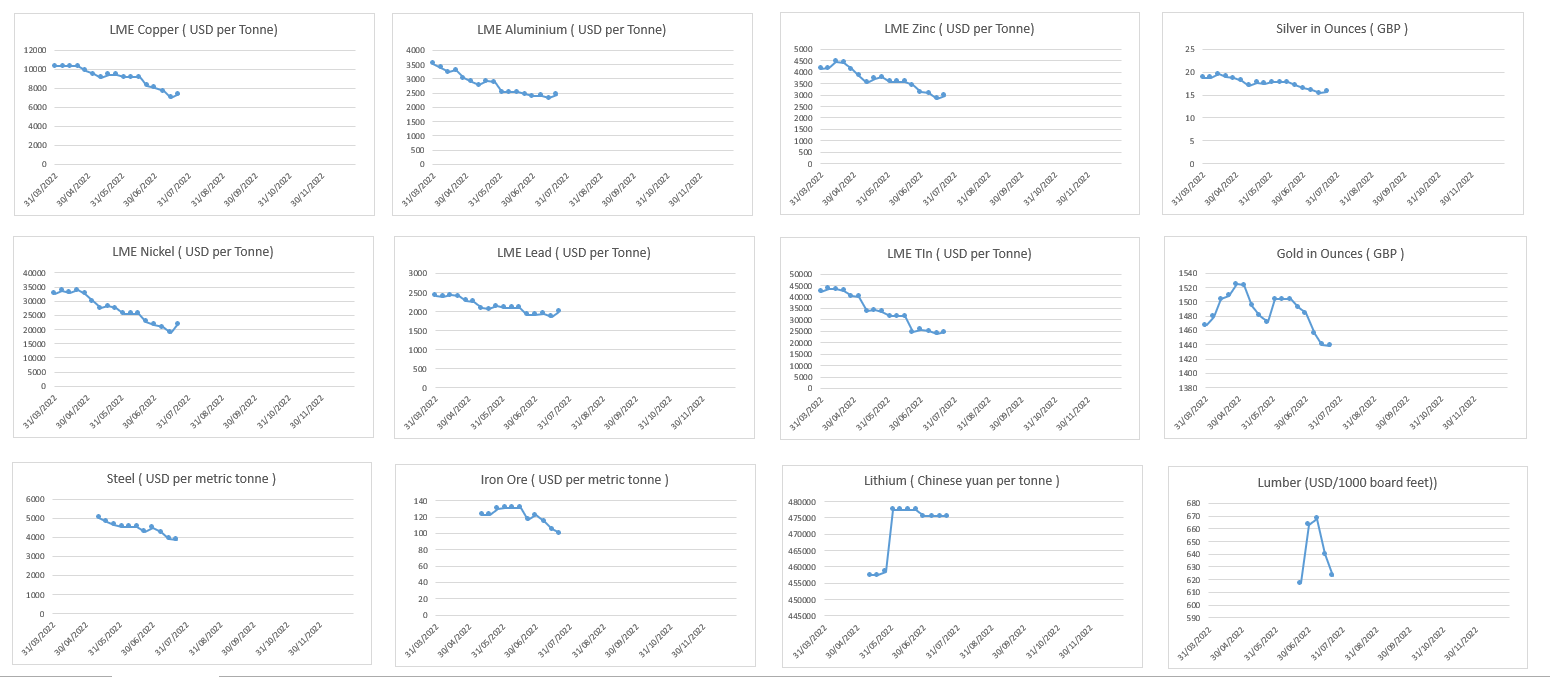State of the Nation Update
China port congestion seen growing on back of local lockdowns and typhoons have been affecting operations in Ningbo, Shenzhen and Hong Kong, resulting in fewer vessel berthing.
In Shanghai, a spike in infections has been detected after the more contagious BA.5 sub-strain of the omicron variant hit the mainland. The city has conducted mass screenings two weeks ago and more than 200 buildings have been placed under lockdown across the large port city.
In Wugang, where one of China's largest steel mills is based, announced a lockdown on Tuesday after a single covid case, in line with China's zero-covid policy.
Guangzhou, one of the largest ports in China, has also seen mass covid testing
On a global scale, the effects will be seen in longer delays in manufacturing and shipping, as well as higher costs of production as companies look elsewhere to source and produce their products.
European Central Bank hikes interest rates for first time in 11 years. The ECB has ended it's 'experiment' with negative interest rates - bumping up the rate from minus 0.5 pc to 0 pc.
The ECB's decision to raise interest rates has been relatively late, considering the Bank of England and the US Federal Reserve have already hiked up interest rates last month to the highest levels in decades.
But a record high inflation rate of 8.6 pc across EEA meant that there was no time to waste.
Raw materials shortages are affecting up to 90% of plastics converters across Europe. The European Plastics Converters trade group has said that more than 50,000 small and medium enterprises are being heavily affected due to the effects of the Covid-19 pandemic; resulting in rising production costs.
The trade association noted that the strain on these businesses is endangering the production of countless products, most notably in the building and automotive industries.
They also noted that "if this situation continues further, the supply of essential goods for the food and pharmaceutical industries will no longer be guaranteed."




